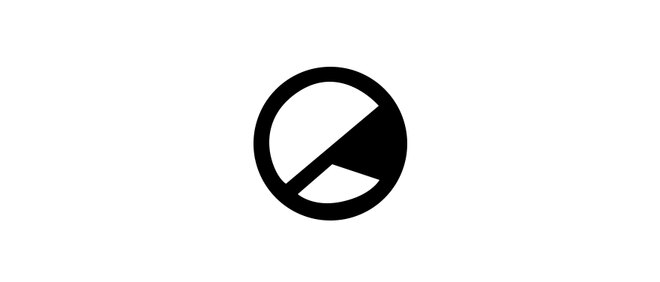“See, in all our searching, the only thing we’ve found that makes the emptiness bearable is each other.”
Robert Zemeckis’ filmography is stately. Back to the Future speaks for itself, accompanied by the beloved Forrest Gump, staple survival drama Cast Away, the innovative The Polar Express and the wacky Who Framed Roger Rabbit?, which is arguably the defining blend of live-action/animation. He’s unsung as a great, probably the fault of a conservative directing style and adaptive genre-hopping. But the wide-eyed sense of entertainment Zemeckis brings is underrated: just don’t Google 2020’s The Witches.
One of his that is often forgotten is Contact, noted in science-fiction conversations but usually lost to the 90s. It adapts Sagan’s 1985 novel of the same name and stars Jodie Foster as a passionate astronomer who seemingly discovers alien life via radio. She leads a scrupulous effort to decipher these extraterrestrial messages, complicated by a dreamy Matthew McConaughey and a series of setbacks which are best left unspoiled. Contact definitely has a few problems: the second act is baggy, the S. R. Hadden subplot is lame and underdeveloped, and the film as a whole edges towards being too long. But while Contact might not stick the landing as a crowd-pleaser, Zemeckis’ second go at a sci-fi property certainly deserves a dose of revisionism.
South Side Amusement Company
The things to write home about here are the film’s contributions to science fiction. Contact spends a vast majority of its runtime (or none, depending on your interpretation of the ending) on the ground. The screenplay is much more interested in debate than spectacle, save for its very opening moments (and arguably its famous mirror shot, lodged in my mind from childhood WatchMojo lists). In some ways, the film is more accurately described as a drama. It pulls its punches until the finale, where Zemeckis adds his contribution to sci-fi film’s healthy supply of bonkers third acts and plunges Ellie into a visual effects cannonade reminiscent of 2001: A Space Odyssey. It looks a little timeworn, but the sequence’s payoff and genius use of digital superimposition is still praiseworthy 24 years on.
There is also a gloriously unsubtle central conflict between the philosophical tenets of science and religion; pragmatism and faith. Ellie is a staunch rationalist, and her romance with theologian Palmer is the main emotional thread to this theme. Whether their compatibility comments that dogmatic differences are reconcilable or that disagreement ultimately sends people on different paths, it’s a smart way to avoid having the central and repeated debates of the film turn cold or overly political. Contact eventually asks if the two ideas are actually one and the same, with Ellie unable to entertain the incredibility of the her spacebound episode on the basis of its transformativeness as a personal experience. This is comparable to a biblical vision; Kitz even claims “delusion” to counter her testimony, an argument Palmer earlier comments is often levied against believers. Everything is ultimately a matter of faith, Contact suggests. I can’t think of another sci-fi film that is so keen to explore this idea or has such an egalitarian conclusion on the subject. Even as an atheist, it’s pretty touching stuff.
I doubt Contact will ever grow to be a fully fledged classic, but it is underrated. A wicked third act cements it as a solid addition to this genre’s formidable directory — more should seek it out.
Contact is available to buy on DVD and Blu-ray now. Watch the trailer below:




